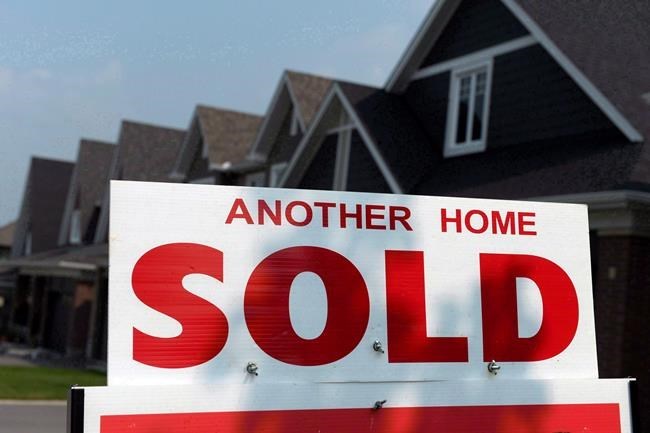Local real estate agents are adopting safety measures as a new market report anticipates sales will drop this spring and early summer as COVID-19 takes its economic toll.
Provided the outbreak wanes, the market should recover in the second half of this year, Brendon Ogmundson, chief economist with the B.C. Real Estate Association, said in his Tuesday report.
Steve Kopnyitski, a managing broker at Pemberton Holmes Real Estate, said staff are working remotely, anyone viewing a property is asked not to touch anything and no one is shaking hands.
No large groups are looking at properties and government websites are constantly being monitored for information.
Transactions and administration are all done electronically, he said, with the aim of minimizing contact as much as possible.
“We encourage agents to do deposits electronically and take out their commissions by electronic means.”
For now, the momentum is still continuing in the market, although Kopnyitski is anticipating a slowdown.
Jack Petrie, managing partner at Newport Realty, said the goal is to come up with a new protocol to keep people healthy.
Potential buyers can gather information ahead of time prior to viewing a property in person.
They can check out photos and floor plans and read descriptions ahead of time.
Like Kopnyitski, Petrie is urging everyone to carry out transactions digitally, including sales, and to communicate via phones or email.
For in-person meetings, agents are trying to maintain six feet of separation and washing hands frequently. Buyers are being proactive in saying they will avoid touching anything, Petrie said.
Newport Realty’s Fort Street office is staffed with a receptionist, but not open to the public. Clients can make appointments or knock on the door, and a mail slot takes deliveries of items such as keys and documents.
As of Tuesday, the manager and receptionist for the Sidney office are working remotely, Petrie said.
Petrie sees a “bit of a slowdown” in the market, but said sales have remained healthy so far. There are people who have mortgage rates committed and need to buy a home, he said.
Real estate is big business in the capital region and elsewhere on Vancouver Island. In February alone, 563 properties changed hands through the Victoria Real Estate Board’s Multiple Listing Service, with a total sales value of $393.5 million. Construction, professional fees, purchases from suppliers and payrolls all add to the economic value of the sector.
Ogmundson said it is unknown how the outbreak will affect the economy and the housing market and he raised the possibility of a recession.
The government has made some moves to address the market situation. The Bank of Canada has reduced its overnight rate to 0.75 percent. Changes to the mortgage stress test, earlier planned for April 6, have been postponed. Canada Mortgage and Housing Corp. has said it will be working with lenders to defer mortgage payments by up to six months. However, the issue of lost income will have to be addressed, Ogmundson said.
Ogmundson is recommending cash transfers to individuals, as part of a hoped-for government stimulus package. He drew up possible scenarios for potential drops in B.C.’s real GDP growth
“Unsurprisingly, the results of our simulations show a steep decline in home sales in the second quarter of this year as economic activity becomes eerily quiet.”
From there, home sales would start to slowly recover, he said. But if there is a deeper and longer recession, home sales could remain down for the rest of this year, falling about 20 per cent below what is normal.
Some people might decide to wait to list or buy, which would result in activity from pent-up demand once virus concerns subside, Ogmundson said, adding interest rates at the time will play a role in any recovery.
“Most important to remember is that this period, no matter how unusual and anxious it is now, will pass and the economy and housing market will return to health.”



